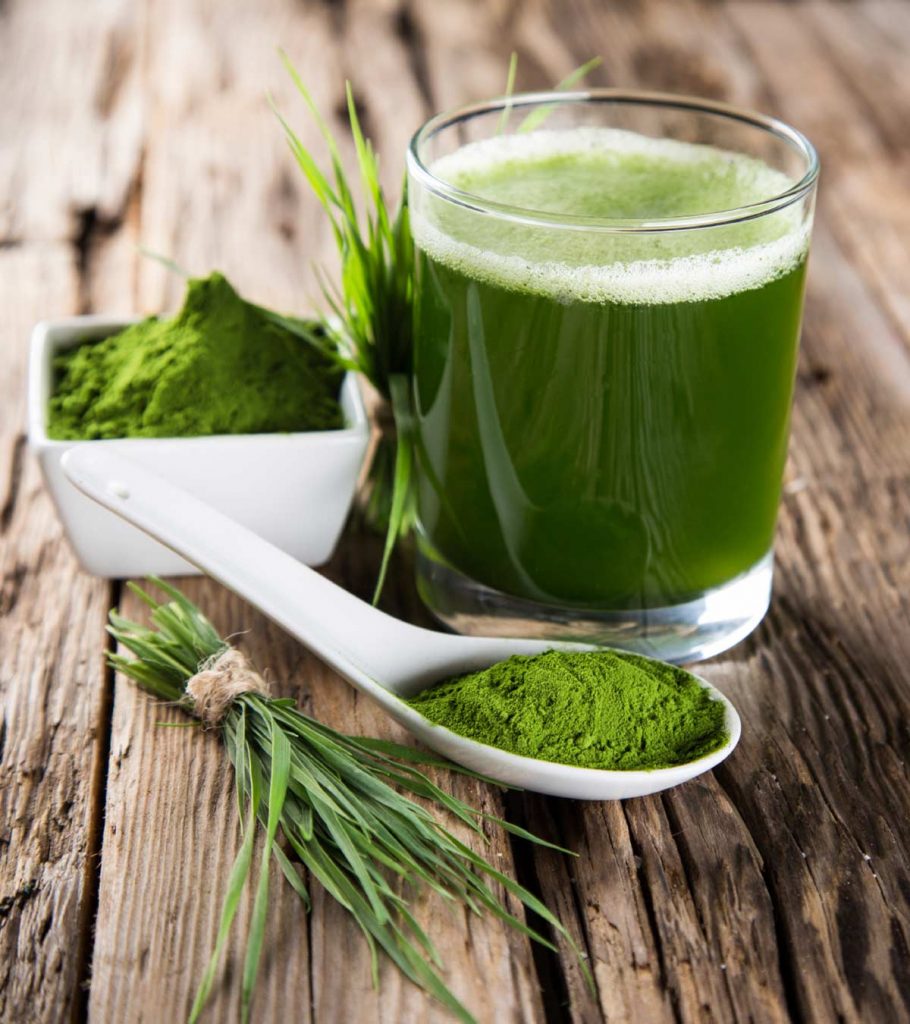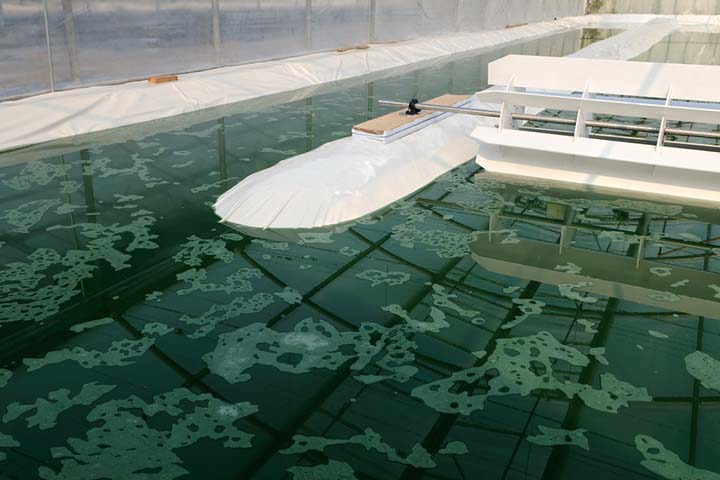Spirulina is an edible blue-green alga known for its anti-inflammatory and antioxidant properties. Many women consume spirulina while breastfeeding due to its high nutritional value and potential to increase breast milk volume. However, studies express a mixed opinion about its safety in lactating women.
This superfood is available in different forms, and the safety mostly depends on the source and dosage. Hence, even though it confers many maternal health benefits, it should only be taken after a doctor’s consultation. Read on to know more about spirulina and its use during breastfeeding.
Why Spirulina During Breastfeeding?
The spirulina microalgae are rich in protein and antioxidants, the two essentials in the immediate post-pregnancy period. Vitamin B is another of its principal constituents. The color green testifies its chlorophyll content. Here are a few benefits of having spirulina during breastfeeding:
- The content of spirulina, if split, reveals 65% protein in it. It combines GLA or Gamma Linolenic AcidiXAn omega-6 essential fatty acid that plays an important function in brain function, and normal growth and development and essential amino acids, all of which have anti-inflammatory effects.
- Chlorophyll in this microalgae takes care of the toxins in the blood. It also plays up the immune system performance in the body.
- A reserve of bioavailable iron, it aids in fighting anemia, a commonly diagnosed condition among new mothers, without constipating the patients.
Dr. Laila Kaikavoosi, a UK-based general practitioner and hormone specialist, says, “Spirulina is a nutrient-rich algae that provides a natural boost of essential vitamins and minerals, combating fatigue commonly experienced by breastfeeding mothers. Spirulina is a distinctive and valuable addition to a breastfeeding mother’s diet, contributing to a more energized and balanced postpartum experience.”
- Other nutrients in spirulina are thiamine, nicotinamideiXA form of Vitamin B3 found in seafood, poultry, nuts, and legumes, used for the treatment of skin conditions, riboflaviniXVitamin B2 essential for healthy skin, eyes, and nervous system, folic acid, pyridoxineiXA form of vitamin B6, essential for the metabolism of proteins, carbohydrates, and lipids in the body, and C, D, E and A vitamins. Traces of copper, zinc, calcium, phosphorus, potassium, chromium, manganese, sodium, and more mineral content is detected in bioavailable forms.
- Protein released from spirulina can be utilized in the body.
- Heavy metals and toxic elements are expunged from the body once they combine with spirulina.
- When taken in conjunction with a workout regime, the product accelerates fat burn, which most women aim at during the postpartum phase.
- A series of studies suggest that spirulina coalesces itself with radioactive isotopes in the body. It could have positive outcomes in cases of radiation therapies and similar such exposures.
What’s In It for Lactating Women?
- The US National Institutes of Health says: “Not enough is known about the use of blue-green algae during pregnancy and breast-feeding. Stay on the safe side and avoid use.” (1)
- However, there are also certain quarters that recommend spirulina for breastfeeding women, particularly because of its high protein and natural iron. It also contains a wealth of essential amino acids.
- Another nutrient worth mentioning is B-12, though the form of its existence is debatable to date. The nutrients it supplies to the body are acceptable particularly during pregnancy and after. It works up the defense system helping the consumers fight against communicable diseases that the system falls prey to easily, at the time of nursing when the body is just recovering from the pain of birth.
- Tooth mineralization has been noted as another property of spirulina.
Spirulina Could Be Harmful
Most moms wonder if they can take spirulina while breastfeeding. Do not begin taking spirulina before you consult a doctor, as it could be unsafe under the below circumstances (2):
- Though high doses of spirulina are known to be safe, its contamination could prove to be toxic.
- The microalgae is not suitable for people with phenylketonuria (PKU) metabolic condition as they cannot metabolize the amino acid phenylalanine, which spirulina has in high quantities.
- Spirulina is also harmful for people who have autoimmune diseases, such as multiple sclerosisiXA disorder of the central nervous system that causes problems of speech, coordination, and vision, numbness, and walking difficulties, rheumatoid arthritisiXAn autoimmune disease that causes chronic inflammation of joints, or lupusiXA disease in which the immune system attacks its tissues and organs, causing inflammation.
- If grown in unclean water bodies, spirulina can accumulate toxins and metals such as mercury.
- Powdered spirulina can be mixed in vegetable smoothies.
Directions Of Consumption
A doctor is the best person to advise you on the usage of spirulina. If he suggests you consume it, pick an organic product that is free of nitrate compounds.
The Edible Algae
Protein powders, health sprouts, and nutritive shakes recommended to new mothers are all assorted nutrients combined in a structure that is easily absorbable in blood. Spirulina is no different, except that its chief component is a cyanobacterium or blue-green algae (3).
Spirulina is an edible alga rich in high-quality protein, trace minerals, vitamins, and antioxidants. It is available in capsule, tablet, and powder forms which one can consume to promote good health. Generally, spirulina has no lactation-related uses. Yet, nursing women consider using it for overall health benefits. But since spirulina may contain toxins that can affect infant health, consuming spirulina during breastfeeding isn’t considered safe. Talk to your doctor before using spirulina to ensure the safety of you and your baby.
Key Pointers
- Spirulina is a blue-green algae whose safety during breastfeeding is not well-known.
- Spirulina is rich in proteins, vitamin B, iron, and antioxidants that may benefit one’s health.
- However, spirulina could be dangerous in high quantities and for women with certain medical conditions and autoimmune diseases.
- Due to limited studies on its effects on lactation, it is best to consult a doctor before consuming spirulina while breastfeeding















